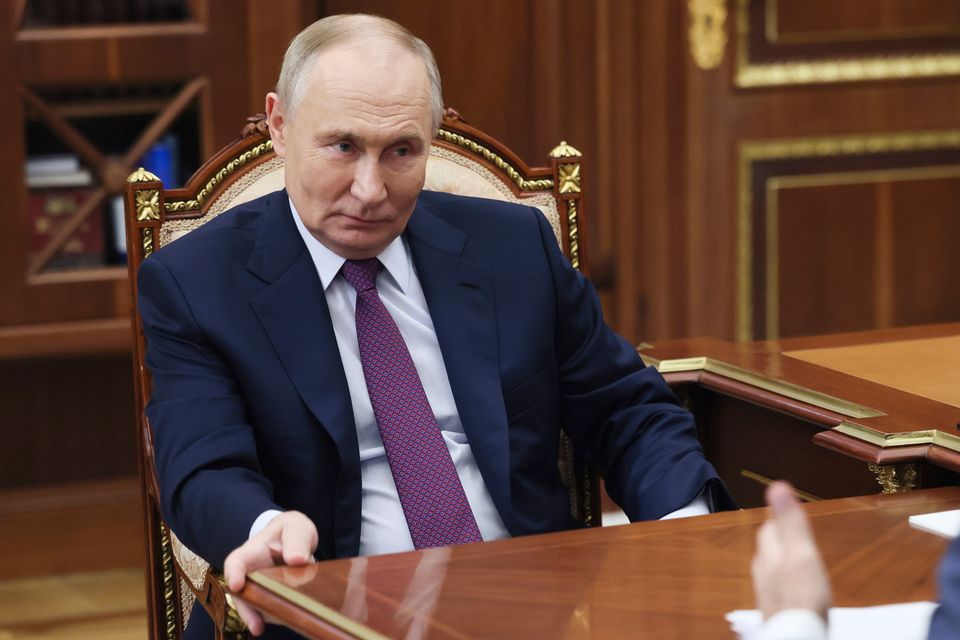
Even well-intentioned attempts to hurry history tend to end messily. Anticipating the arrival of Donald Trump in the White House is likely to result in a sweeping of the pieces of the global diplomatic chessboard. Indeed, a chain reaction has already been set off, which has caused events in Ukraine to move at a dangerously frenetic pace.
Moscow is aggressively and recklessly seeking to gain the upper hand, knowing the stronger it is when it gets to the negotiating stages, the greater chance there may be to hold what it has. Similarly, Kyiv cannot look vulnerable and must bolster its defence – it took immediate advantage of US president Joe Biden’s green light to use long-range missiles for the first time on Russia. It was no coincidence that it chose the 1,000th day of the conflict since Russia’s invasion to do so.
The hundreds of thousands of dead since the war started are a harrowing reminder of how, although any idiot can start a war, ending it is always the hard part. Russian president Vladimir Putin has reacted with his customary volatility. He has passed a law that allows a nuclear response if Russia is attacked by Western long-range missiles.
Under the new hair-trigger code, he can now fire nuclear weapons at enemy states – even if they only strike with conventional missiles. His foreign minister Sergey Lavrov said Moscow would now “proceed from the understanding” that the missiles were operated by “American military experts”. “We will be taking this as a renewed face of the Western war against Russia and we will react accordingly,” he warned.
Sources in Washington suggest Mr Biden granted the limited use of the missiles chiefly to help Ukraine in its operation in the Kursk region. Russia has amassed a force of 50,000 soldiers there – including 10,000 North Koreans – ahead of an expected operation to try to expel the Ukrainians. It could be the turning point in the war.
Ukrainian president Volodymyr Zelensky recently said his country “must do everything so that this war ends next year, ends through diplomatic means”. And yesterday, marking 1,000 days of war, he added: “At this stage of the war, it is being decided who will prevail. Whether us over the enemy, or the enemy over us Ukrainians.
.. and Europeans.
And everyone in the world who wants to live freely and not be subject to a dictator.” Responding to Putin’s chilling rhetoric, Josep Borrell, the EU’s top diplomat, said: “It is not the first time that they threatened with nuclear escalation, which is completely irresponsible. “Russia has subscribed to the principle that a nuclear war cannot be won, and so it must never be fought.
” We should be under no illusion that these are sinister threats. Yet Putin must not be rewarded for unleashing the hell of war on his neighbour. Signs of weakness will merely direct his imperialist autocratic ambitions elsewhere.
.














